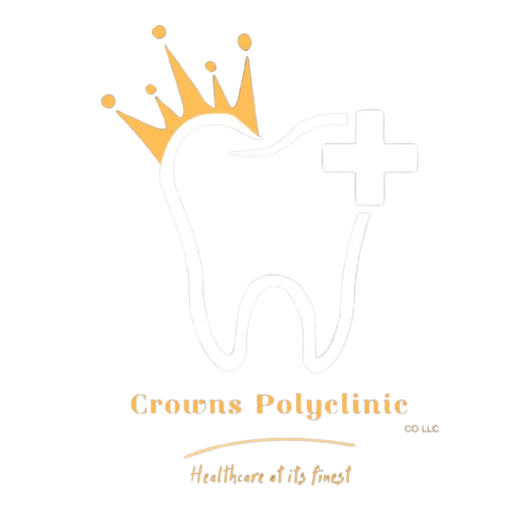What is Bruxism?
Bruxism, commonly known as teeth grinding or clenching, affects millions of people worldwide. It can occur during the day (awake bruxism) or at night (sleep bruxism), often without the person being aware of it. If left untreated, bruxism can lead to serious dental issues, including tooth damage, jaw disorders, and chronic headaches.
-
Causes of Bruxism
Bruxism can be caused by various factors, including:-
Stress and Anxiety – Emotional stress, tension, and anxiety are common triggers.
-
Sleep Disorders – Conditions such as sleep apnea can increase the likelihood of nighttime grinding.
-
Misaligned Teeth (Malocclusion) – When teeth don’t fit together properly, the jaw may compensate by grinding.
-
Medications and Substances – Certain medications, caffeine, alcohol, and recreational drugs can contribute to bruxism.
-
Lifestyle Factors – Excessive smoking, heavy alcohol consumption, or high caffeine intake may also lead to grinding.
Symptoms of Bruxism
Some common signs and symptoms of bruxism include:-
Worn-down, chipped, or fractured teeth
-
Increased tooth sensitivity
-
Jaw pain, tightness, or soreness
-
Headaches, especially in the morning
-
Ear pain or a sensation of fullness in the ears
-
Sleep disturbances (for those with sleep bruxism)
-
Clicking or popping sounds in the jaw (a sign of TMJ disorder)
Effects of Untreated Bruxism
If not addressed, bruxism can lead to:-
Severe tooth wear and damage
-
Receding gums and tooth sensitivity
-
Temporomandibular joint (TMJ) disorders
-
Chronic facial pain and tension headaches
-
Disturbed sleep patterns
-
Treatment Options for Bruxism
Managing bruxism involves addressing the underlying causes and protecting your teeth. Treatment options include:
-
Mouthguards and Splints – Custom-fitted dental guards help protect teeth from grinding, especially during sleep.
-
Stress Management – Meditation, exercise, and therapy can help reduce stress-related grinding.
-
Dental Correction – If misaligned teeth contribute to bruxism, orthodontic treatment may be recommended.
-
Medications – In some cases, muscle relaxants or Botox injections can be used to reduce jaw tension.
-
Lifestyle Changes – Reducing caffeine and alcohol intake, quitting smoking, and improving sleep habits can help minimize bruxism.
When to See a Dentist
If you experience persistent jaw pain, tooth sensitivity, or suspect that you grind your teeth, it’s essential to consult a dentist. A professional evaluation can help determine the severity of bruxism and the best treatment approach for your needs.
Final Thoughts
Bruxism is a common yet often overlooked condition that can significantly impact dental and overall health. Recognizing the symptoms and seeking early intervention can prevent long-term damage and maintain a healthy, pain-free smile. If you suspect you have bruxism, schedule an appointment with our dental team today!


